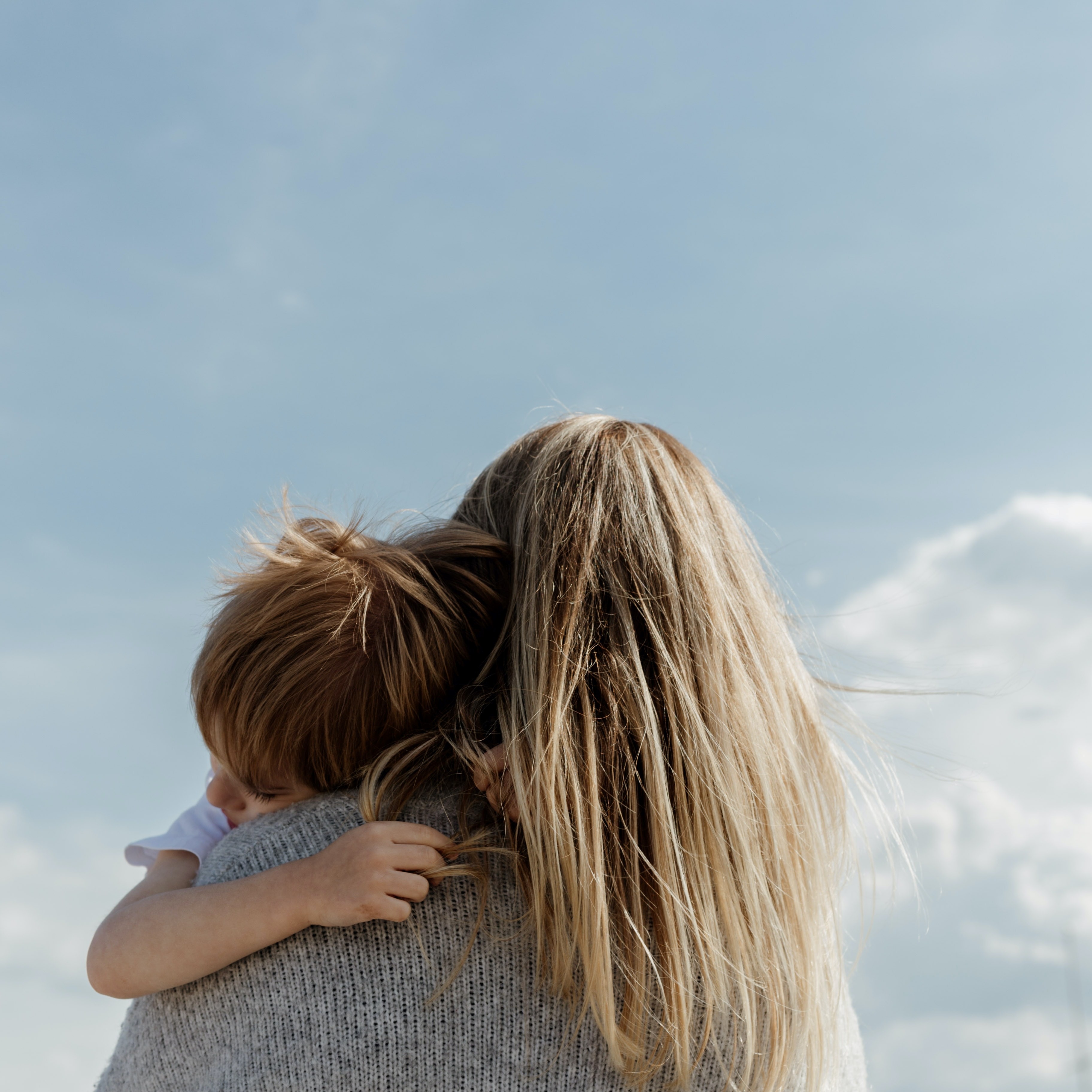
News: Cost-of-living crisis is disproportionately affecting women, reveals new report
Posted 16 November, 2022 by Nina Joynson
New research has found women in Scotland face increasing financial difficulties, with low-income jobs and care responsibilities responsible for increased economic concerns.
A new report from the Poverty Alliance and the Scottish Women's Budget group, “It’s hard work being poor” – Women’s Experiences of the Cost-of-Living Crisis in Scotland, has found that women are disproportionately impacted by the cost-of-living crisis. Those particularly affected include women in low-paid work, asylum-seeking women, women with care responsibilities and lone parents.
Of the women involved in the research, from a range of backgrounds, many told researchers they were worried about their winter energy bills, while parents and carers raised concern over the affordability of essential household items such as baby wipes and toilet roll.
Links between women’s and child poverty
Almost all participants in the research spoke about the impact and additional spending involved in care for children and extended family.
Highlighting recent figures from Carers UK, the report estimates the economic value of women’s unpaid care to be approximately £77 billion per year, with women most likely to be primary caregivers for children, and 92% of lone parent families headed by women.
Poverty rates are highest among lone parent families, and lone mothers are more likely to struggle to cover the costs of household items, childcare and bills.
Furthermore, the rising costs of food, transport and household goods have affected those with dependents, and women in particular are more likely to reduce spending on their own meals clothing and heating in order to provide for children.
Making changes
The report makes several recommendations, including that the UK and Scottish Government work to ensure adequate incomes for all, and increasing financial support for asylum seekers, people with no course to public funds, and women in low-paid work or with caring responsibilities.
It also calls on the Scottish Government to give greater recognition to unpaid care work and women’s role as mothers in Scottish policy, and to work towards an education and childcare entitlement for all children in Scotland.
Sara Cowan, co-ordinator at SWBG, said:
“Women are more likely to be poor, have lower levels of savings and wealth, and are less able to find suitable work or increase their hours if they’re in work often due to caring responsibilities that fall disproportionately on women.
“The women in this research talked about the impossible decisions they had to make to prioritise feeding their children, and whether or not to turn the heating on. Or not being able to buy things like baby wipes, incontinence pads, or toilet roll.
“The Scottish and UK Governments can help by increasing and extending the emergency support available to people, and working to put justice and compassion at the heart of social security and our public services.”
